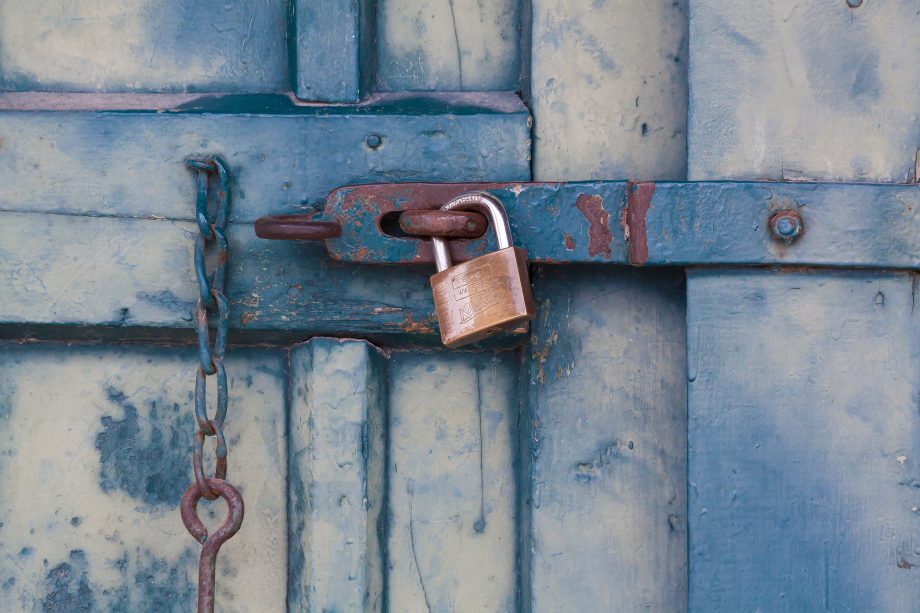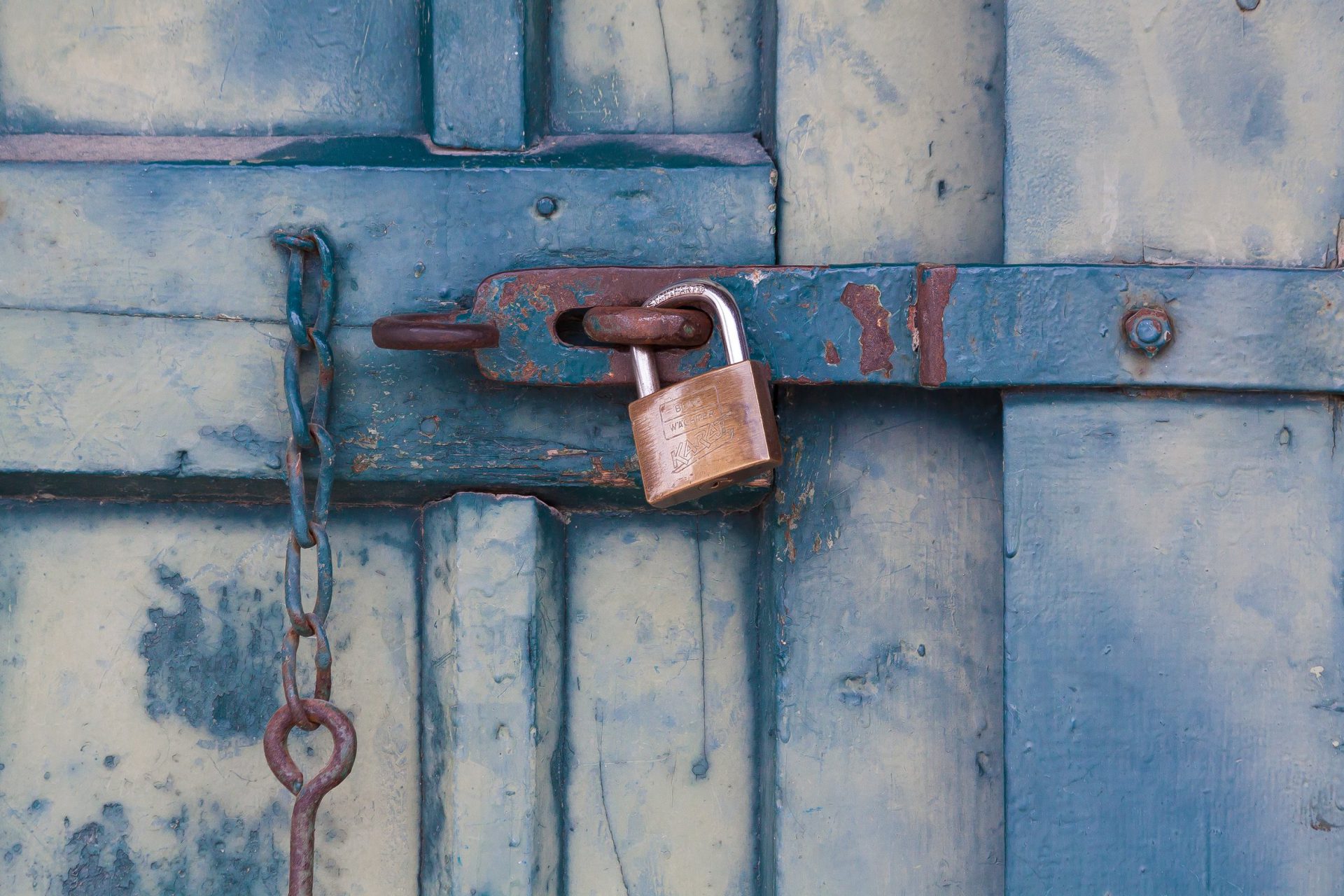Individuals and businesses are rightly concerned about risking their cash, especially since the 2007/8 financial crisis.
As you may remember, the problems started in the US with the sub-prime lending crisis and collapse of Lehman Brothers. This led to a run on UK’s Northern Rock that forced the government to intervene and guarantee deposits, followed by the need to step in and save HBOS and RBS (owner of NatWest).

After NatWest was deemed ‘too big to fail’, the government launched the Financial Services Compensation Scheme (FSCS) – an independent fund designed to protect your money if the worst happens.
The FSCS applies to all organisations regulated by the Financial Conduct Authority (FCA), and covers all UK-regulated current accounts, savings accounts and cash ISAs held in banks, building societies and credit unions.
If your bank collapses, it’s likely that you’ll lose access to the cash temporarily, but you should get your money back within seven days.
As part of the Akoni service, we share advice on making the most of your cash. So here are six things you need to know about how the FSCS protects your deposits:
1. The amount of protection you get has increased from £75,000 to £85,000
The amount protected in each UK-regulated financial institution increased by £10,000 on 30 January 2017.
Chief Executive, Mark Neale, said: “Our new limit will protect about 98% of the UK public, so people can be sure their money in banks, building societies and credit unions is safe.”
2. Joint accounts get double protection
Cash in joint accounts is protected up to £170,000 – half each. But beware. If you have another account with the same institution, your individual savings totalling over £85,000 won’t be covered.
3. In some cases, up to £1m will be protected for six months
If your savings balance is temporarily high due to a life event such as selling your main home (not a second home or buy-to-let property), inheriting money, redundancy, or a payout from insurance or compensation, the FSCS protects up to £1m for up to six months if your provider fails.
This allows extra time to plan. Meanwhile, you can move the cash into an account that pays higher interest, and maximise your cash.
4. Check which institution owns your bank
Remember, the limit is not £85,000 for every account, it’s for every financial institution. So you need to know which institution ultimately owns the brand name where your account is held.
The definition of ‘institution’ depends on what licence the bank holds. For example, Halifax and Bank of Scotland are sister banks, and your money is covered up to £85,000 combined. However, RBS and NatWest are also sister banks, but their limits are separate.
See the list on the Bank of England website >
5. Check that the FSCS covers the bank where your money is deposited
Most banks that are located in the UK are also regulated in the UK, including some that are owned overseas, such as Spain’s Santander. However, there are a few EU banks that are not UK-regulated, such as use Fidor and RCI Bank. Instead, they use a ‘passport scheme’ which gives protection from their home government.
Find out more on the FSCS website >
6. Spread the risk
We recommend you deposit less than £83,000 in any one institution, which leaves room for interest to grow. We also suggest you spread your money across at least two institutions. This is because if one bank collapses, there will be a delay in releasing your funds via the FSCS, meanwhile, you will still be able to access your cash in the other.
Akoni helps businesses make the most of their cash. Register for free at AkoniHub.com






